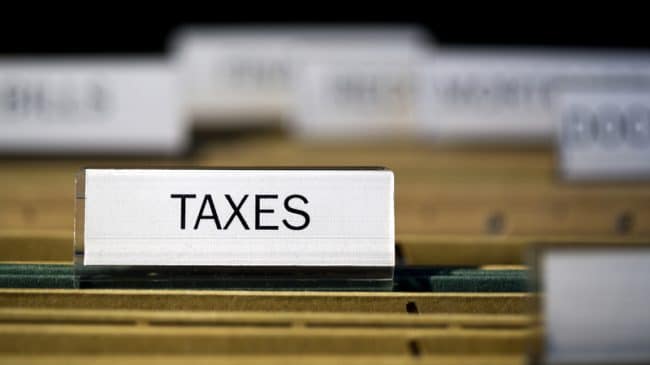Residents of Cook County, Ill., which encompasses Chicago are celebrating a much-needed win for consumer freedom on Wednesday, with the Board of Commissioners opting to repeal the wildly-unpopular sweetened beverage tax in a landslide vote of 15-2.
Despite a $10 million dollar ad campaign supporting the tax, funded by the nation’s wealthiest nanny, former New York City Mayor Michael Bloomberg, it was beaten back after numerous complaints from consumers, small businesses, and the soda industry.
Entrepreneur Elevator Pitch Ep5: ‘People Suck at Judging Other People’
Watch Full Screen
The one cent per ounce tax was a flagship policy of Board President Toni Preckwinkle, who argued revenue raised from the tax was an essential part of Cook County’s budget plan and there was no backup should it be repealed, threatening cuts to public health services. Preckwinkle has been unyielding in her support of the policy, claiming it is a win-win for both revenue and health.
But basing budget plans on a tax that applies to a narrow category of products, especially ones whose popularity is declining, is a poor approach to public finance. Lawmakers never know how consumers will react to such a tax putting serious question marks over their revenue projections.
Soda taxes are doubly objectionable because they have a disproportionate impact on the poor. Soda taxes necessarily hit low-income consumers the hardest because they spend a higher proportion of their budget on groceries than high-income families.
“Soda taxes are narrow, punitive taxes that are a budget risk not likely to solve America’s health issues,” says the nonpartisan Tax Foundation. “They’re a misguided attempt at solving a multifaceted health problem and will introduce many unintended fiscal consequences.”
Soda and other so-called “sin taxes” are part of an array of policy gimmicks distracting from the real financial problems facing areas like Cook County. Currently, pensions for Cook County employees, along with those for Chicago teachers, municipal employees, and police & fire are cumulatively 43 percent-funded with a $37 billion unfunded liability. From 2001 to 2015, these pension plans contributed just 46 percent of the money required to achieve full funding.
Even at $37 billion, this estimate of pension debt is probably too low, as each of the plans uses a discount rate around 7.5 percent (close to the national average), far higher than the discount rate pensions in the private sector are required to use. When the discount rate is too high, the plan is systematically undervaluing its liability, resulting in lower than required payments to fund the plan. This means that while Chicago’s pension contribution in 2015 was $1.2 billion less than required using current accounting, the real shortfall is likely much greater.
Cook County’s soda tax was projected to raise $200 million in fiscal year 2018. Even if this highly optimistic estimate materialized, it is still a drop in the ocean compared to the fiscal problems facing Cook County.
Furthermore, the potential health benefits of soda taxes touted by Bloomberg and Preckwinkle are massively exaggerated. In some cases, soda taxes can reduce consumption but sometimes they fail even in this modest objective. More often than not, consumers switch from soda to equally high-calorie products that are cheaper. There is no evidence anywhere in the world to suggest taxes on soda or other sweetened beverages reduce obesity or its associated health problems.
But the principal reason for the failure of Cook County’s soda tax experiment is that it proved a massive flop with voters. A poll of 1,050 registered voters conducted on Oct. 6 and Oct. 7 found 86 percent opposing the tax. These numbers shouldn’t be surprising given the impact the tax had on small businesses as well as individual consumers.
The anti-beverage tax group Can the Tax and the Illinois Food Retailers Association examined sales from August 2016 and August 2017 volunteered by 32 Cook County stores. The report found that 75 percent suffered a slump in beverage sales of 20 percent or more, with 40 percent reporting a beverage sales decline of 30 percent or more and 15 percent saying beverage sales declined by 40 percent or more.
The repeal of Cook County’s sweetened beverage tax should serve as a warning to lawmakers across the country that these taxes hurt consumers and businesses while failing to achieve their stated objectives and that voters will have little patience with such policies.

